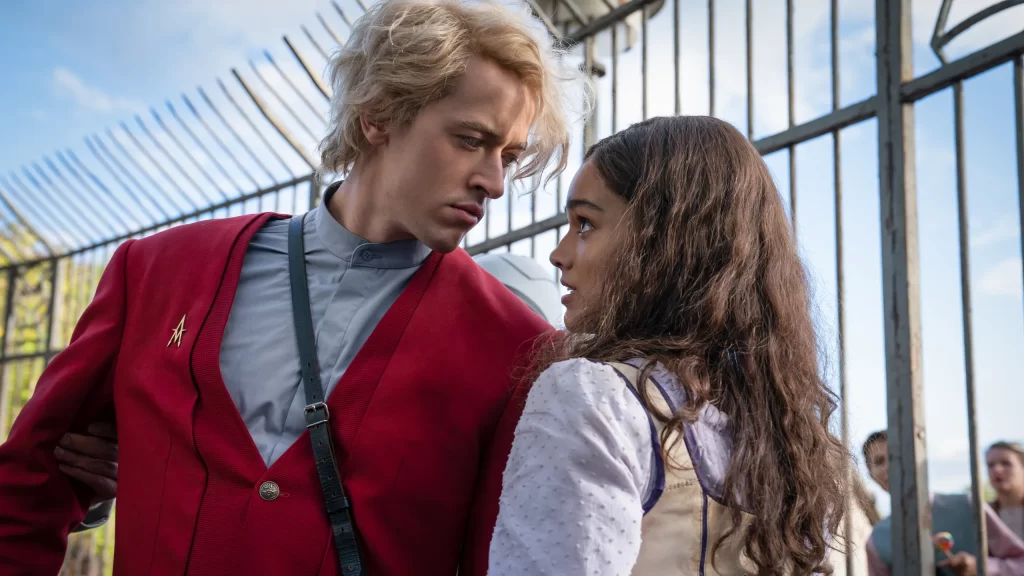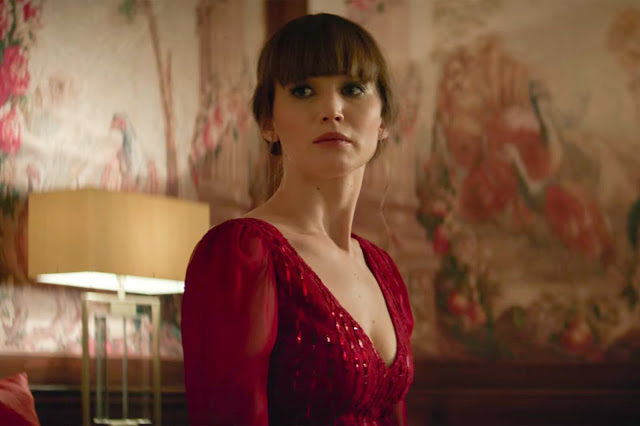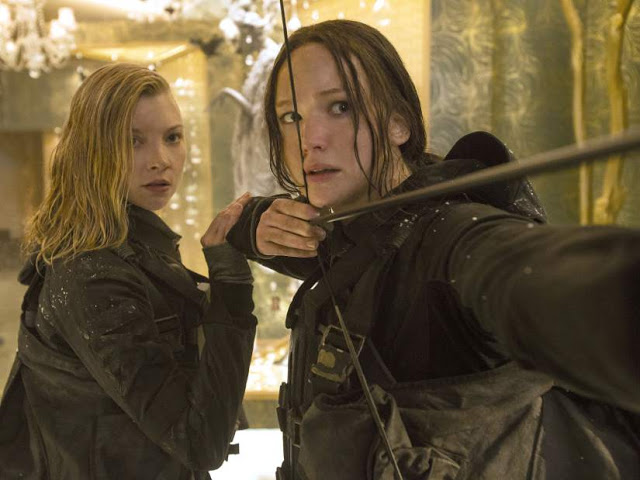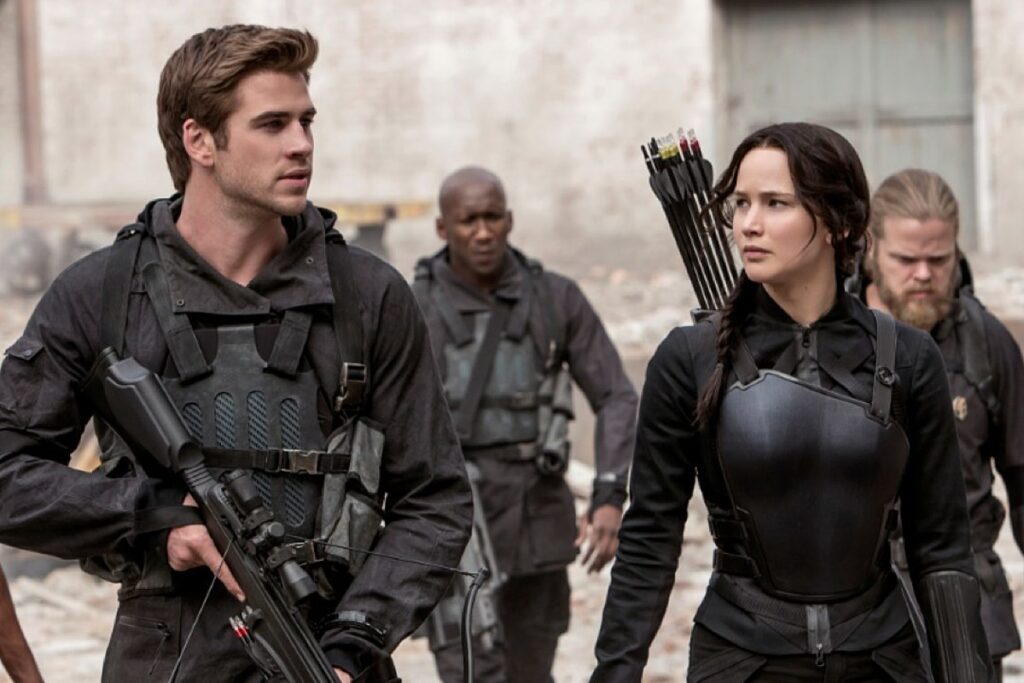The Hunger Games: The Ballad of Songbirds and Snakes: The Ditty of Lost Children

The premise of the Hunger Games franchise—every year, the tyrants of The Capitol conscript two dozen children from the surrounding “districts” for a televised gladiatorial competition designed to continually cow potential rebels into submission—is one of recurrence. So it’s only natural that the series keeps perpetuating itself—first with three sequels (which were pretty good until they cratered), now with a prequel that rewinds 60-odd years and explores the ritual’s genesis. If The Ballad of Songbirds and Snakes reminds us of what we’ve seen before, well, isn’t that the point?
To its credit, this new-old movie, which Francis Lawrence directed from a script by Michael Lesslie and Michael Arndt (adapting Suzanne Collins’ novel), isn’t overly reliant on its own mythology. Sure, there are some throwaway references to surnames like Flickerman and Heavensbee, and I suspect that the initiated will locate plenty more easter eggs in the margins. (When a character uttered the word “katniss,” the teen-heavy audience at my screening buzzed with audible recognition.) For the most part, though, Songbirds and Snakes has its own story to tell, one that is by turns awkward, engaging, clumsy, and commendable. It doesn’t really work, but the ways in which it doesn’t work are strangely satisfying. Read More



